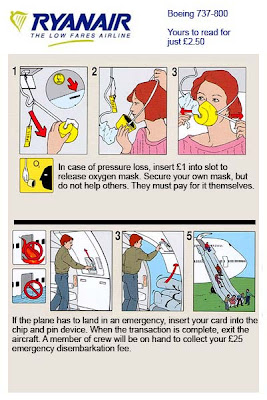"Burma VJ" and Voice of Burma
Because I've made two trips to Burma and love the country and people, I was particularly interested in attending a special screening at the Foreign Correspondents Club of Thailand, of which I'm a member, of a docu-drama called "Burma VJ" This award-winning Danish film features the work of a brave band of Burmese video journalists (VJs) who sought to expose the military junta’s oppressive rule in their homeland. The film depicts their coverage of the ‘Saffron Revolution’, when thousands of monks took to the streets in September 2007 in a bold push for democratic reforms. With foreign news crews banned and Internet access shut down, a small number of Burma VJs filmed the drama on the streets with small video cameras. They were led by 27-year old‘Joshua’, who had been forced to flee the country, but oversaw their work from a safe-house in Thailand, from which he sent the footage to the Democratic Voice of Burma (DVB) in Oslo. DVB is a non-profit media group that broadcasts news via radio, satellite TV and the Internet.

 "Burma VJ" brought out a large audience to the FCCT
"Burma VJ" brought out a large audience to the FCCT"Burma VJ" film includes documentary footage – some of it gathered at great personal risk – as well as dramatic reconstructions of events with the individuals involved. While yet to be widely aired, it has already won awards. It was the top prizewinner at
Travel to
My visits to Began and
'Burma VJ' has been criticized by some reviewers and reporters because 15%-20% of its scenes are filmed recreations of actual events, such as the police seizure of the offices of the VJ. Andrew Marshall, the Bangkok-based correspondent for Time magazine who reviewed the film last month, says 'Burma VJ' is controversial. While praising the DVB's camerawork as courageous, edgy and raw, he also felt the "film-makers' over-reliance on unacknowledged reenactments spoiled it" and cast a shadow on journalistic integrity. I do not agree. One of the Danish producers of 'Burma VJ' was present at the FCCT screening I attended, and he explained the care taken in making sure that the staged scenes were accurate, including viewing still photos and interviewing participants. In the end, we must rely on the journalistic integrity of the film-makers. I for one believe that all scenes ring true. Furthermore, at the beginning of the film, a disclosure that some scenes were staged representations of the originals, was clearly made.
The movie itself is a thriller and very powerful. It has been purchased by HBO, but it is not known when it will be shown on TV. I hope that everyone watches out for it and views it when it is aired. “Burma VJ” is unlikely to be released for movie theatre distribution.








